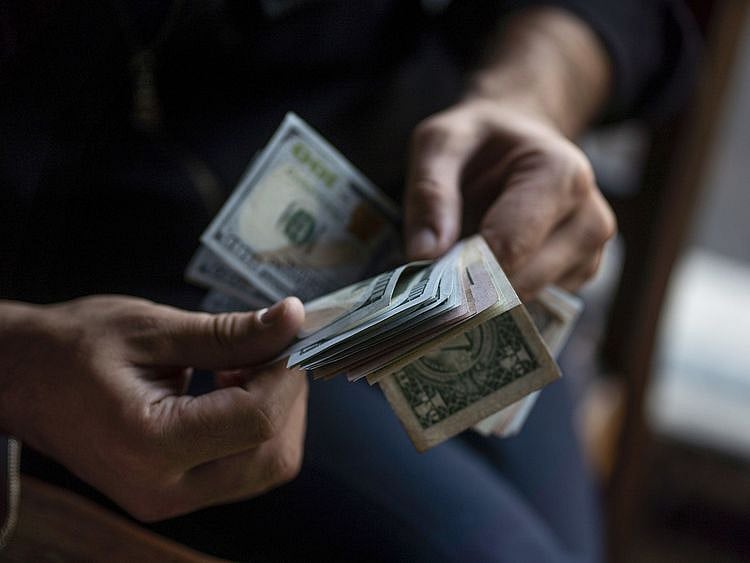Turkey rolls out new rules to protect lira, cool credit demand
There has been increased volatility in the lira ahead of polls in two weeks

Turkey's central bank announced new measures to curb credit-card spending and deter demand for hard currencies ahead of local elections at the end of the month.
The central bank raised the monthly maximum interest on cash advance from credit cards and overdraft accounts, according to a notice published in the Official Gazette at midnight. It separately raised monthly targets for lenders to increase the share of lira deposits, state-run Anadolu Agency reported.
There has been increased volatility in the lira ahead of polls in two weeks, though policymakers see the demand for US dollars as temporary and expect it to subside after the vote. The lira is the worst performer among emerging markets currencies tracked by Bloomberg this month, losing about 2.8% against the dollar.
Pressure is also on the central bank to raise the benchmark interest rate after inflation in February accelerated more than analysts expected. The central bank sees inflation peaking at above 70% in the coming months before slowing to 36% at the year-end.
After announcing the completion of its eight-month tightening cycle that lifted the rates to 45%, the central bank has opted to use alternative tightening methods to keep inflation in check, introducing rules sometimes at midnight.
Such an approach has drawn criticism from economists and bankers who've likened the methods to the previous era when a more unorthodox team of policymakers was in place. The new set of officials, appointed after elections last May, have promised to simplify the tangle of measures implemented by their predecessors, arguing that they have disrupted the monetary transmission mechanism.
Goldman Sachs Group Inc. and Deutsche Bank AG are penciling in a rate hike at next week's policy meeting, a change from their earlier calls for a hold. Goldman cited rising pressure on reserves and the lira for its call of a 250 basis point raise.
In its latest guidance, the central bank said "monetary policy stance will be tightened in case a significant and persistent deterioration in inflation outlook is anticipated."
"We think the purpose of the hike will mostly be to signal that the Bank will and can hike if needed in line with its own guidance and avoid the risk that the macro prudential measures taken in response are interpreted as a return towards a less orthodox policy framework," Goldman analysts including Clemens Grafe said in a report.
"We believe it would make more sense to hike in this meeting rather than wait for the election and hike in April as consensus expects," they said.
Sign up for the Daily Briefing
Get the latest news and updates straight to your inbox
Network Links
GN StoreDownload our app
© Al Nisr Publishing LLC 2026. All rights reserved.